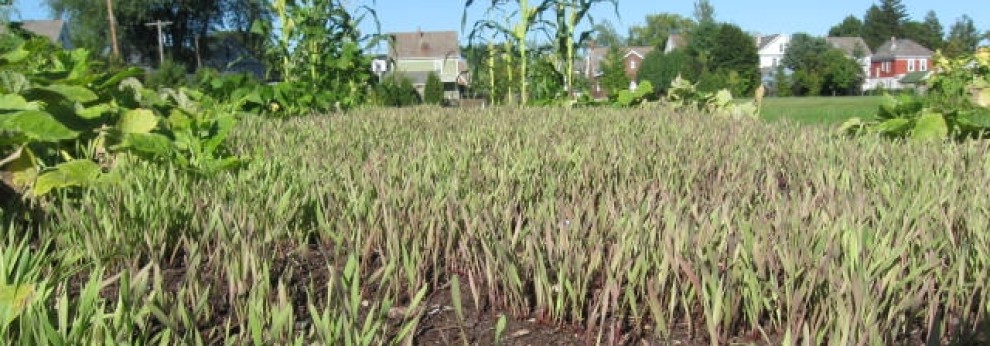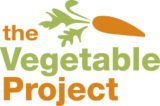 Amid considerable and never-ending worry about how little of academia’s teaching seems to sink in, it just might be worth trading some of the enormous breadth of information that we shovel at students for a bit of depth.
Amid considerable and never-ending worry about how little of academia’s teaching seems to sink in, it just might be worth trading some of the enormous breadth of information that we shovel at students for a bit of depth.
Here’s some great food for thought in a New York Times article https://www.nytimes.com/2017/06/23/nyregion/preaching-the-value-of-social-studies-in-a-second-career.html about a project-based learning initiative in New York City that focuses on social studies. The article says that elementary school students spend as many as six weeks exploring topics like the Arctic or New York City’s subway system.
The built-in potential is that literacy and math skills and understanding of science will come along for the ride when students begin to judge that a subject is relevant. Indeed, schools that have embraced deep exploration seem to be seeing positive results.
So what does this have to do with gardening and the Vegetable Project? If learning to prepare a tasty dish appeals to students – and we see time and again that it does – then the Vegetable Project’s ideas about engaging kids from seed to table can open the door to interest in science and math and reading and writing. If getting hands on the subject of their study and getting real exposure to nature can motivate – and considerable research says that they do – then escorting classes into the great outdoors can support pursuit of every academic discipline.
Sit in a chair behind a desk all day and learning feels like a torturous imposition of pointless information to many a student. Capture students’ interest with meaningfulness first, however, and we just might see a bit more sink in than usually seems possible.
–Bill Stoneman


